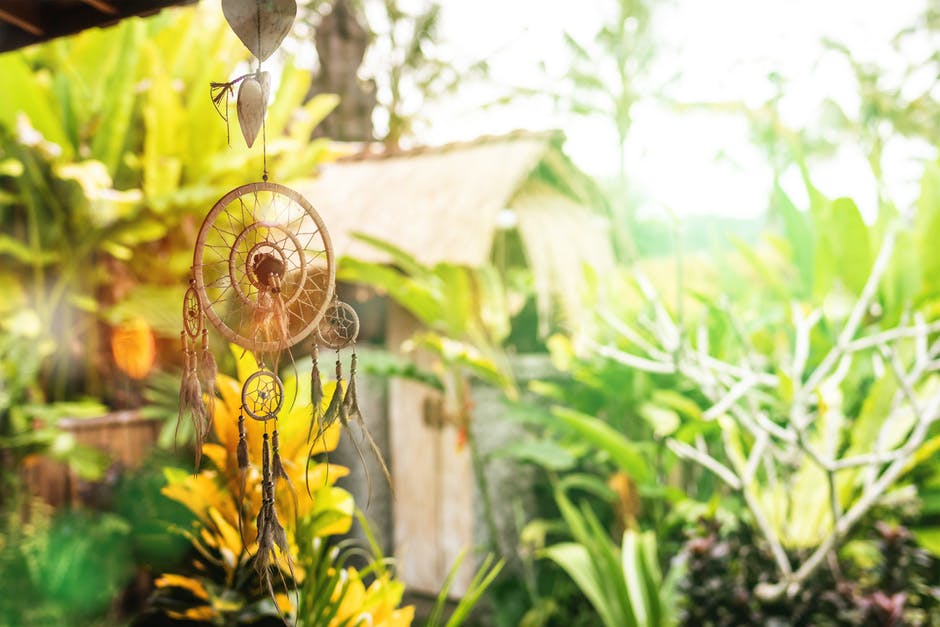
Having a garden all to yourself has its advantages. Whether you’re tired of the daily grind or just want to change up your living space a bit, a garden can be the perfect solution for you. Don’t be easily discouraged when you start gardening, These 5 tips by Yarmouth Landscaping can help you if you don’t know where to start yet.
Adapt the garden to your desires and availability
It’s never too late to decide to learn to garden. If you are a beginner in gardening, first think about defining your desires as well as the time you will be able to devote to it. Will the garden contain flowering plants, vines, grass? What is the frequency of maintenance required by each variety of plants you want to plant?
You should ask yourself this kind of question before choosing your plants. The size of the garden also depends on the availability and the space you are going to devote to it. This last point is also decisive in the layout of the garden. Indeed, you have the choice between a garden rather horizontal or vertical depending on the size of your space.
Choosing the right tools
If you decide to set up your own garden, you must have the basic gardening tools. You will need a spade, a rake, a watering can, a pair of gloves and a small pruner.
You also need to do some research to find the right fertilizer for your plants. It is an essential element for your garden. And for the decoration of your garden, you will need plastic or terracotta pots, gravel and a little sand to give an impression of grandeur, while spacing out your garden a little.
Plant in a container
When space is limited, opt for containers. Vegetables, herbs, flowers, fruit trees, berries, and shrubs can all be grown in pots. However, use a pot large enough for the plant it will hold and fill it with potting soil. This one is specially formulated to help potted plants thrive, but it also helps protect against over-watering, or under-watering.
Choose the right plants
It is important to select plants that match their growing conditions. In other words, choose sun-loving plants in sunny locations, heat-tolerant plants in hot climate regions for example.
Choose varieties that will grow well where you live and in the space you have. And for successful vegetable and herb cultivation, start with vigorous seedlings instead of trying to grow from seed.
Add mulch
Apply a layer of mulch around each plant. This will help reduce weeds by blocking the sun and reduce moisture loss through evaporation. So you need to water less. For a neat look, lay down a layer of mulch, shredded leaves, pine straw or any other locally available material.
Feed the plants regularly
We’ve already talked about the importance of starting with good soil, but this one works best in concert with regular supplies of high-quality plant nutrition. In other words, it is necessary to combine the quality of the soil with a good quantity of nutrients in order to start well in gardening. So, one month after planting, start feeding your garden with all-purpose plant food.

